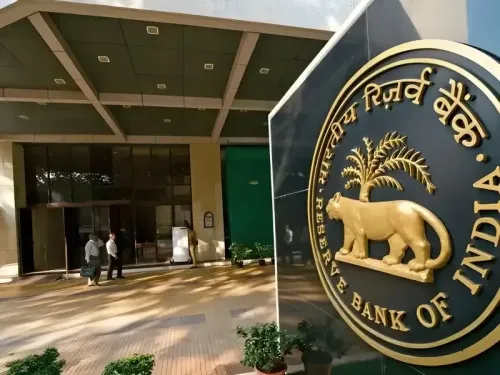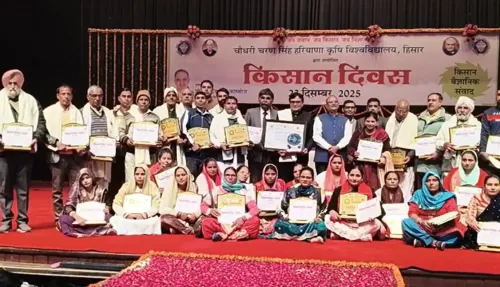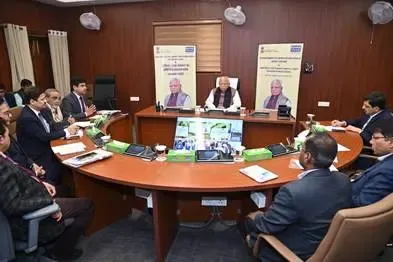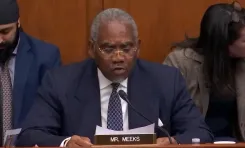What Should You Know About ‘Digital Arrest’ Fraud?
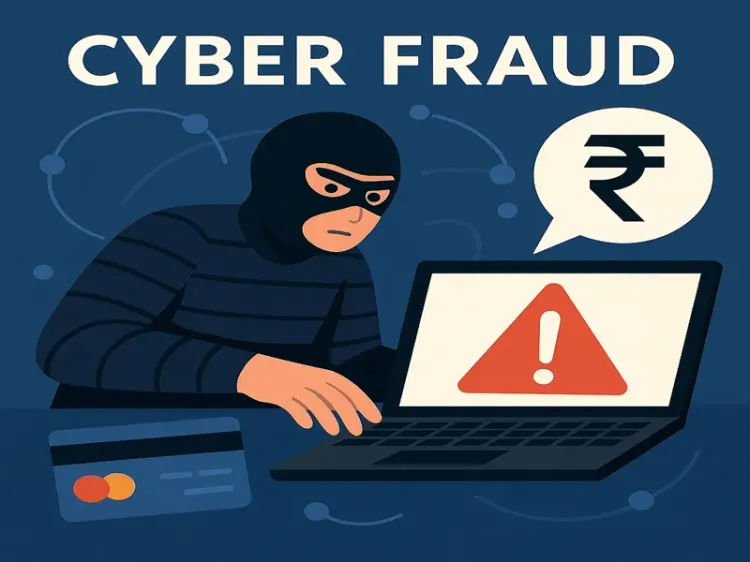
Synopsis
Key Takeaways
- Be vigilant against unsolicited calls from alleged law enforcement.
- Document all communications with suspicious callers.
- Verify claims before acting on any demands for money.
- Trust your instincts; if it feels wrong, it probably is.
- Report any suspicious activity to the authorities.
New Delhi, Nov 4 (NationPress) The National Payments Corporation of India has issued a warning to the public regarding the rising threat of “digital arrest” scams. In these fraudulent schemes, con artists pose as law enforcement officials to manipulate victims into divulging personal information or transferring funds.
Citizens are encouraged to report suspicious phone numbers to the national cybercrime helpline by calling 1930 or the Department of Telecommunication at this link, as stated in the NPCI advisory.
Individuals should preserve messages, take screenshots, and document all interactions. This documentation can be invaluable if a formal report needs to be filed with authorities.
Typically, in digital arrest scams, fraudsters initiate contact via telephone and subsequently transition to video calls, impersonating police officers, CBI agents, income-tax officials, or customs agents.
Exercise caution if the caller threatens with immediate legal repercussions, claiming you or a family member is implicated in serious crimes such as money laundering, tax evasion, or drug trafficking, as highlighted by the NPCI.
These criminals employ fear-inducing language, use official insignias, uniforms, or staged environments, and may threaten immediate detention to compel quick compliance.
In some instances, they create auditory backgrounds that sound official to enhance their credibility and exert intimidation, according to the NPCI.
Fraudsters may even construct a fake police station setup to further solidify their deceit, the NPCI cautioned.
Victims are often pressured to wire funds to the con artist's account until the supposed investigation concludes. Terms like “clearing your name”, “assisting with the investigation”, or “refundable security deposit or escrow account” may be employed to convince victims to transfer money to specific bank accounts.
The NPCI advises individuals to pause and verify any unexpected claims of legal action, emphasizing that legitimate government agencies will never request payment or conduct inquiries via phone or video calls.
It is crucial to always confirm the identity of the caller and to consult reliable sources before taking any further steps.


